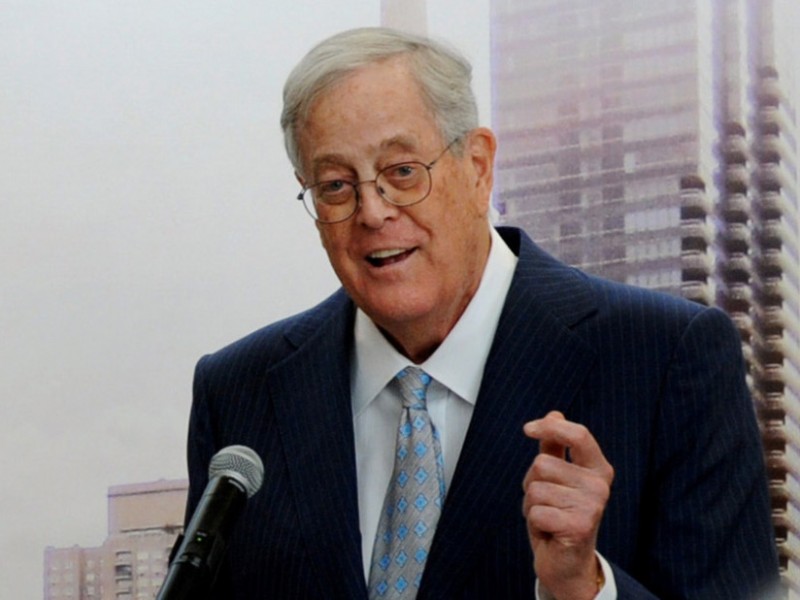February 18, 2011- What's happening in Wisconsin is not complicated. At the beginning of this year, the state was on course to end 2011 with a budget surplus of $120 million. As Ezra Klein explained, newly elected GOP Governor Scott Walker then " signed two business tax breaks and a conservative health-care policy experiment that lowers overall tax revenues (among other things). The new legislation was not offset, and it turned a surplus into a deficit."
Walker then used the deficit he'd created as the justification for assaulting his state's public employees. He used a law cooked up by a right-wing advocacy group called the American Legislative Exchange Council (ALEC). ALEC likes to fly beneath the radar, but I described the organization in a 2005 article as "the connective tissue that links state legislators with right-wing think tanks, leading anti-tax activists and corporate money." Similar laws are on the table in Ohio and Indiana.
Walker's bill would strip public employees of the right to bargain collectively for anything but higher pay (and would cap the amount of wage hikes they might end up gaining in negotiations). His intentions are clear — before assuming office, Walker threatened to decertify the state's employees' unions (until he discovered that the governor doesn't have that power).
But he's spinning the measure as something else — a bitter pill state workers must swallow in order to save Wisconsin's government. So the first things you need to know are:
1. Wisconsin's public workers have already "made sacrifices to help balance the budget, through 16 unpaid furlough days and no pay increases the past two years," according to the Associated Press. The unions know their members are going to have to make concessions on benefits, but they rightly see the assault on their fundamental right to negotiate as an act of war.
2. There are already 13 states that restrict public workers' bargaining rights and it hasn't helped their bottom lines. As Ed Kilgore notes, "eight non-collective-bargaining states face larger budget shortfalls than either Wisconsin or Ohio," and " three of the 13 non-collective bargaining states are among the eleven states facing budget shortfalls at or above 20%."
3. This isn't just about public employees. What even a majority of the protesters don't know is that Walker's law would also place all of the state's Medicaid funding in the hands of the governor. State senator Jon Erpenbach, D-Middleton — one of the Dem law-makers who fled the state to block a vote on the bill — told local media that this amounted to "substantial Medicaid changes" that put "the governor, all of a sudden… in charge of Medicaid, which is SeniorCare, which is BadgerCare …and he has never once said what he intends to do” with those programs. But the provision led journalist Suzie Madrak to conclude that "the end game for all this is to defund state Medicaid programs and make it impossible to serve as part of the new health care safety net."
4. Health-care costs, rather than workers' greed, are what has driven up the price of employees' benefits. But generally speaking, those public sector health-care costs have grown at a slower clip than in the private sector.
5. Public employees' pensions account for just 6 percent of state budgets.




'AlterNet: 12 Things You Need to Know About the Uprising in Wisconsin' have no comments
Be the first to comment this post!